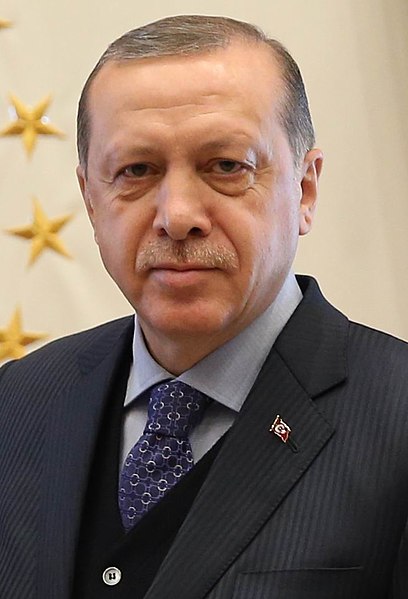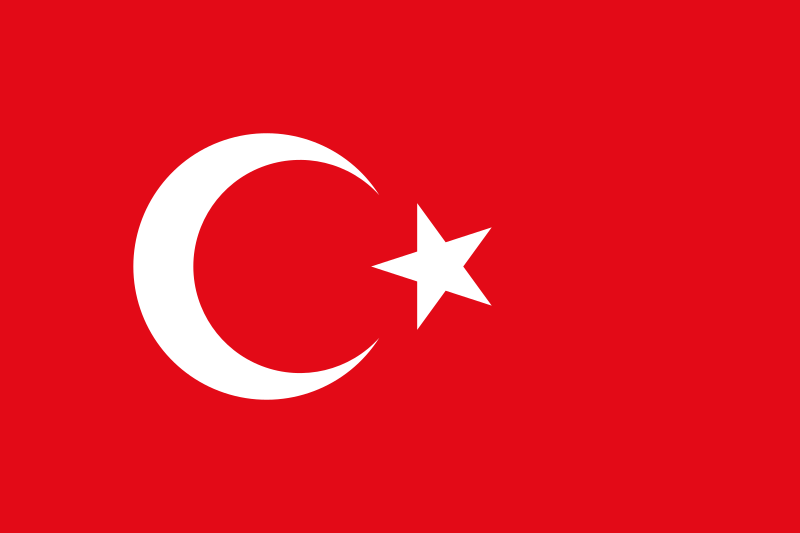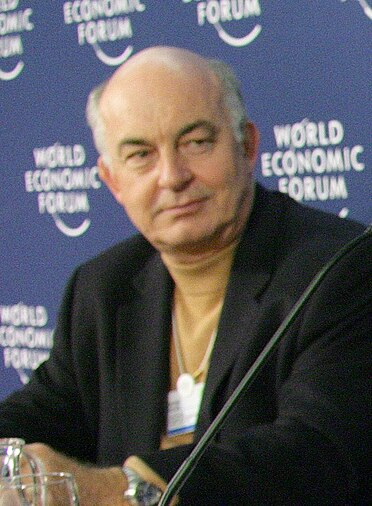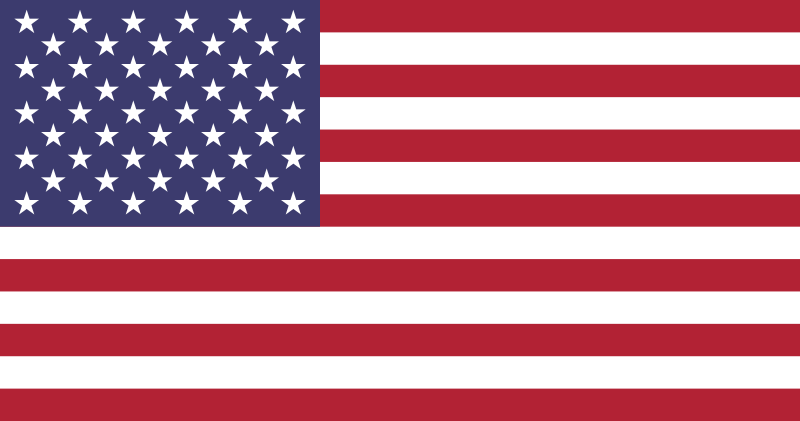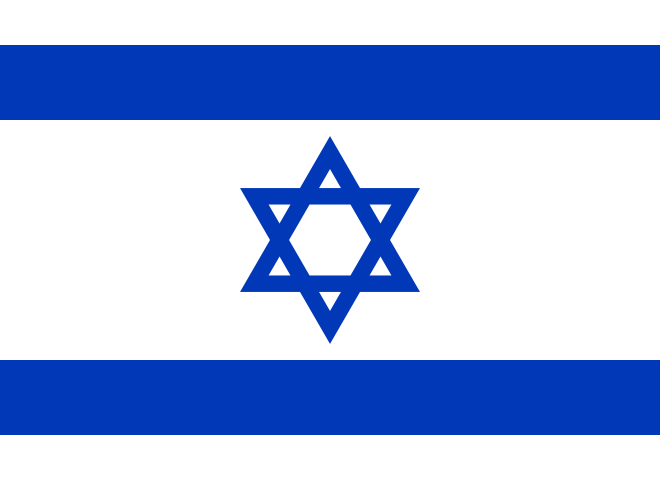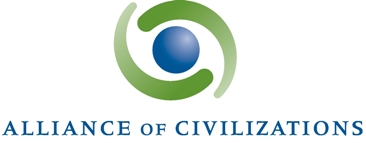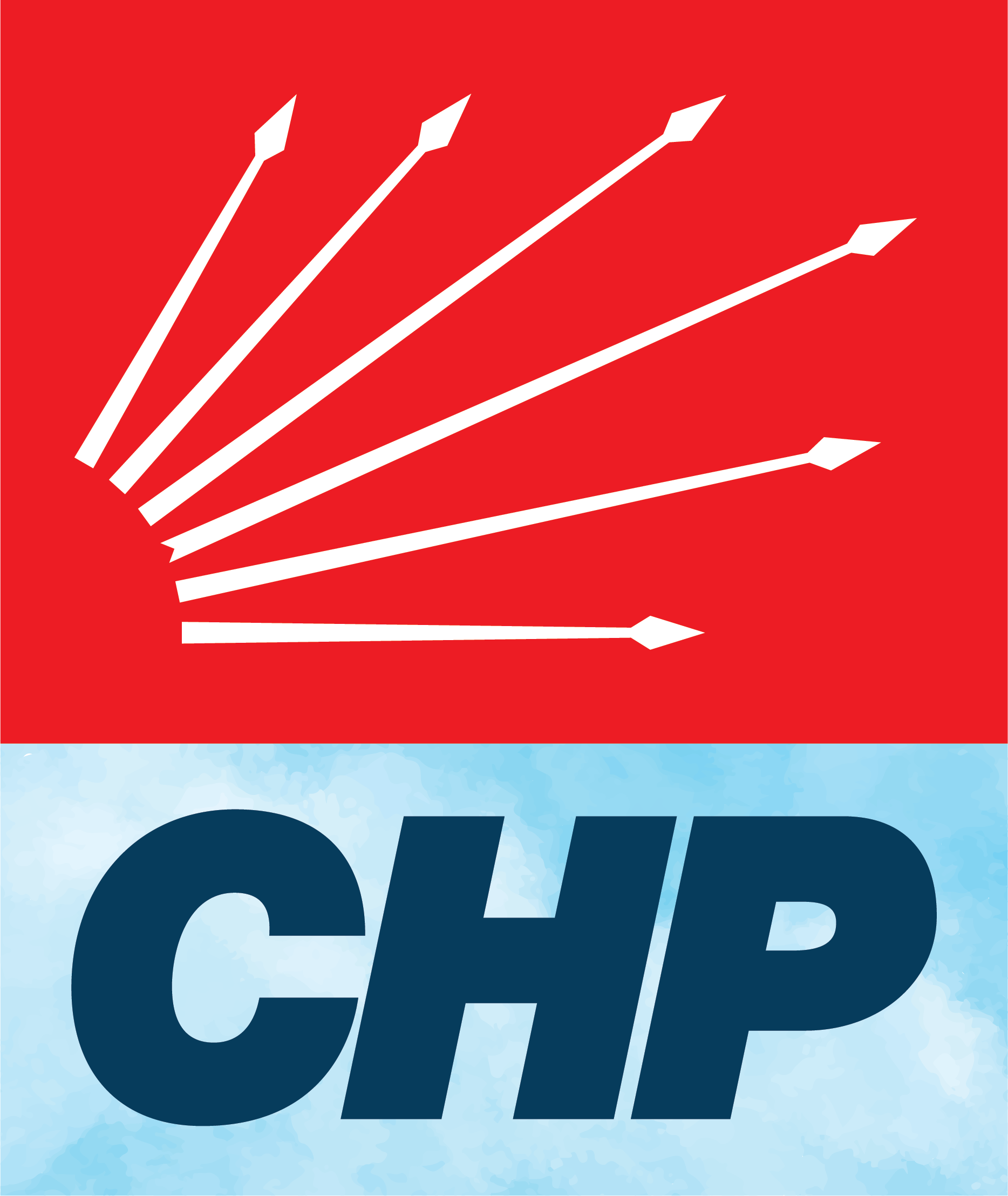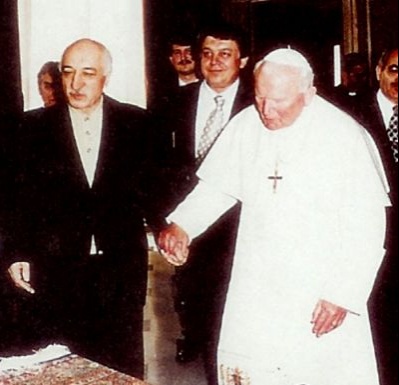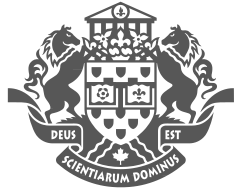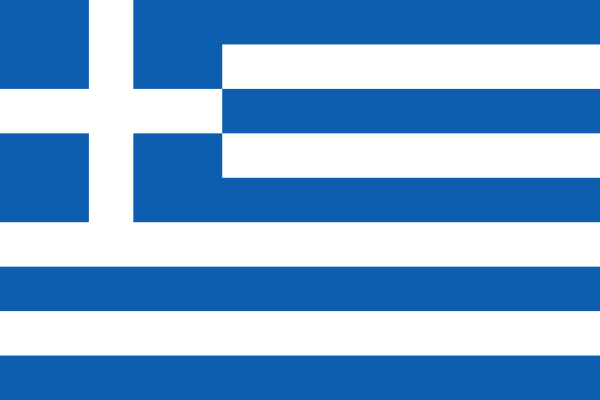Landschlacht, Switzerland, 20 April 2017
On Easter Sunday, the Turkish people had an election and chose to support President Recep Erdogan by a slim minority of votes. (3% victory margin)
Depending on who you listen to, this means that either the President has now received a mandate to exercise unbridled power or he can now make democratic reform a reality.
I have been closely watching Turkey over the past few years and in particular the actions of His Excellency Recep Erdogan and I think that one needs to closely look at the President of Turkey to better understand the dynamics of Turkish politics and how these dynamics can affect global affairs.
In three previous blogposts (The sick man of Europe 1: The sons of Karbala / The sick man of Europe 2: The sorrow of Batman / The sick man of Europe 3: The rise of Recep) I wrote about the relationship between the Turkish people and the Kurds, with the latest post examining the rise of Recep Erdogan to the post of Prime Minister.
His tenure of Prime Minister (Turkish head of government) and his actions since he was elected President (Turkish head of state) are critically worth examining as his recent proposed reforms involve dissolving the post of Prime Minister and incorporating these powers into the position of the Turkish Presidency.
For non-Turkish readers I believe that the vigilant observation of Turkey is important for the world as Turkey has been and continues to be the bridge between Europe and Asia, between secularism and fundamentalism, between Christianity and Islam, between the West and the East and the Middle East.
And, of course, Europeans are keenly interested in Turkey as, at present, Turkey harbours millions of Syrian refugees and prevents them from entering, in uncontrollable numbers, the European Union and other countries of the West.
Above: A Syrian refugee centre on the Turkish border 80 km from Aleppo, Syria (3 August 2012)
So what affects Turkey has a rippling effect on the rest of the world.
In my last Turkey-related blogpost I ended by suggesting that Recep Erdogan has begun his political reign quite successfully.
He had risen from the role of one of Istanbul’s best mayors to the post of Prime Minister.
Erdogan served as the 25th Prime Minister of Turkey from 2003 to 2014 and is at present the 12th President of the Republic and remains the leader of the Justice and Development Party (AKP) which he established in 2001.
So, let’s examine his record in power…
In 2002, Erdogan inherited a Turkish economy that was just beginning to recover from a recession as a result of reforms implemented by then Minister of State for Economic Affairs Kemal Dervis.
Erdogan supported Finance Minister Ali Babacan in enforcing macroeconomic policies and he tried to attract more foreign investors to Turkey by lifting many government regulations.
In his tenure as Prime Minister, Erdogan reduced Turkey’s debt to the International Monetary Fund from $23. 5 billion to $0.9 billion, increased the Turkish Central Bank’s reserves from $26.5 billion to $92.2 billion, reduced Turkey’s inflation rate from 32% to 9%, reduced Turkey’s public debt from 74% to 39%, but he was unable to curb the increase in unemployment rates in his country.
In 2003, Erdogan’s government pushed through the Labor Act, a comprehensive reform of Turkey’s labor laws, greatly expanding the rights of employees, establishing a 45-hour workweek and limiting overtime work to 270 hours a year, providing legal protection against discrimination due to gender, religion or political affliation, prohibiting discrimation between permanent and temporary employees, entitling employees terminated without valid cause to compensation and mandating written contracts for employment arrangements lasting a year or more.
In 2003, the Turkish government, together with UNICEF, started a campaign called “Come on girls, let’s go to school!”(Haydi Kizlar Okula!), with the goal of closing the gender gap in primary school enrollment through the provision of a quality basic education for all girls, especially in southeast Turkey (Kurdish populated).
After assuming power in 2003, Erdogan’s government embarked on a sweeping reform program of the Turkish healthcare system, called the Health Transformation Program (HTP), to greatly increase the quality of healthcare and protect all citizens from financial risks.
On 18 April 2003, BBC News reported that the US had named 30 countries which were prepared to be publicly associated with the US (George W. Bush Administration)’s action against Iraq.
All of the Arab states, Israel, Canada, Belgium, France, Germany, Norway, most of Latin America and most of Africa did not support the US action, but Turkey along with 29 other countries (including Britain and Australia) did join this “Coalition of the Willing” in the war against Iraq.
Above: The flag of Iraq
Besides his government’s Haydi Kizlar Okula campaign, Erdogan would go on to increase the budget of the Ministry of Education (from 7.5 billion Turkish lira in 2002 to 34 billion Turkish lira by 2011), would raise the age of compulsory education from 8 years to 12, and would ensure that every province in Turkey would have its own university, doubling the number of universities from 98 in 2002 to 186 by 2012.
In 2004 textbooks became free of charge.
The construction of Marmaray, an undersea rail tunnel under the Bosphorus Strait separating Asia from Europe, was started in 2004, and, when completed, will be the world’s deepest undersea immersed tube tunnel.
As well in 2004, as part of the government’s health care reforms, the Green Card program, which provides health benefits to the poor, was expanded, aiming to increase the ratio of private health care to state-run healthcare, which, along with long lines in state-run hospitals, resulting in the rise of private medical care, forcing state-run hospitals to compete by increasing quality.
And his reforms would attract the world’s attention…
In 2004, Erdogan would be listed in Time magazine one of the 100 most influential people in the world, “a builder of bridges”, and be named European of the Year by the weekly European Voice, for having put Turkey on the road to reform.
During Erdogan’s Prime Minstership, Turkish relations with Greece both politically and economically improved significantly.
In 2004, Erdogan and his party strongly supported the EU-backed referendum to reunify Cyprus, thus inspiring the EU to promise to end the economic isolation of the Turkish Republic of Northern Cyprus.
Above: The flag of Northern Cyprus
In 2004, Syrian President Bashar al-Assan arrived in Turkey for the first official visit by a Syrian President in 57 years, signing a free trade agreement with one another.
Above: Bashar al-Assan, 15th President of Syria since 2000, born 1965
And at the end of the year, Russian President Vladimir Putin visited Turkey – only the second presidential visit in the history of Turkish-Russian relations after Chairman Podgorny’s visit of 1972.
Above: Vladimir Putin, Russian President (2000-2008/2012- ), Prime Minister (1999-2000/2008-2012), born 1952
In 2005 Erdogan seemed to continue his exemplary reforms and positive foreign relations.
Erdogan and the main opposition party leader Deniz Baykal wrote a letter to Armenian President Robert Kocharian, proposing the creation of a joint Turkish-Armenian commission of historians, archaeologists, political scientists and other experts to acknowledge the mass killings of up to 1.5 million Armenians during World War I as genocide.
Above: The flag of Armenia
Armenian Foriegn Minister Vartan Oskanian rejected the offer, because he asserted that the proposal was “insincere and not serious”.
“This issue cannot be considered at historical level with Turks, who themselves politicized the problem.”
The Turkish Parliament granted amnesty to students expelled from university before 2003, on academic or disciplinary grounds.
On 1 May 2005, in a rare state visit by a leader of a Muslim majority country, Erdogan came to Israel offering to serve as a Middle East peace mediator and looking to build on trade and military ties, bringing with him a delegation of businessmen.
During his visit to Israel, Erdogan also visited the Yad Vashem (Israel’s official memorial to the victims of the Holocaust).
Above: Aerial view of Yad Vashem
In November 2005, Russian President Putin attended the inauguration of a jointly constructed natural gas pipeline in Turkey, considering it their strategic goal to achieve “multidimensional cooperation” in the fields of energy, transport and the military.
Erdogan was a co-founder of the Alliance of Civilisations (AOC), first proposed by Spanish Prime Minister José Rodriguez Zapatero at the 59th General Assembly of the United Nations in 2005, seeking to galvanize international action against extremism through the forging of international, intercultural and inter-religious dialogue and cooperation.
Erdogan said that “Turkey’s accession shows that Europe is a continent where civilisation reconcile and not clash.”
On 3 October 2005 negotiations for Turkey’s accession to the EU formally started.
Above: The flag of the European Union
In 2006, a Turkish-Armenian friendship monument, the Monument to Humanity, was commissioned in Kars, representing the rapprochement of the two countries after many years of dispute over the events of the 1915 Armenian Genocide.
Above: The Statue of Humanity (2009 – 2011)
But Turkey’s troubles and questions regarding Erdogan’s questionable methods began to arise…
In March 2006, the Supreme Board of Judges and Prosecutors (HSYK) held a press conference to publicly protest his obstruction of the appointment of judges to the high courts for over 10 months, saying that Erdogan wanted to fill the vacant posts with his own appointees.
Erdogan was accused of creating a rift with Turkey’s highest court of appeal, the Yargitay, and high administrative court, the Danistay.
Erdogan said the constitution gave him the power to assign these posts to his elected party.
Yet reforms still seemed underway as Erdogan unveiled a social security reform package demanded by the IMF under a loan deal.
The move which Erdogan called “one of the most radical reforms ever”, was passed with fierce opposition.
Turkey’s three social security bodies were united under one roof, bringing equal health services and retirement benefits for members of all three bodies.
The previous system had been criticized for reserving the best healthcare for civil servants and relating others to wait in long queues.
Under the 2006 bill, everyone under the age of 18 was entitled to free health services, while starting from 2036, the retirement age was increased to 65 for both men and women.
In August 2006, Saudi King Abdullah as-Saud made a visit to Turkey – the first visit by a Saudi monarch to Turkey in four decades, increasing their trading volume as their strategic locations meant their economies were in a a position to supplement each other.
Above: The flag of the Kingdom of Saudi Arabia
Erdogan received the Outstanding Service Award from the humanitarian organization Red Crescent (Islamic equivalent to the Red Cross).
But 2006 would mark the last year where people were mostly praising Erdogan…
In May 2007, the head of Turkey’s High Court asked prosecutors to consider whether Erdogan should be charged over critical comments he made the previous month regarding the election of Abdullah Gül as President.
Above: Abdullah Gül, 11th President of Turkey (2007 – 2014) / 24th Prime Minister of Turkey (2002 – 2003)
Erdogan said the High Court ruling was “a disgrace to the justice system” and criticized the Constitutional Court which had invalidated a presidential vote because a boycott by other parties meant there was no quorum.
Prosecutors investigated his earlier comments, saying Erdogan had fired a “bullet at democracy”.
Tülay Tuglu, head of the Constitutional Court, condemned the Prime Minister for “threats, insults and hostility” towards the justice system.
On a positive note, the Turkish Parliament agreed to reduce the age of candidacy to elected office from 30 to 25 and abolished the death penalty in all instances, including war time.
Both the military and the judiciary are widely known for their secular credentials (that is, the separation of religion from government), so both therefore represent a threat to Erdogan’s moderately Islamic government.
2007 was an election year.
The stage was set for a fight for legitimacy in the eyes of voters between Erdogan’s government and the second largest party, the Republican People’s Party (CHP).
On 14 April 2007, an estimated 300,000 people marched in Ankara to protest against the possible candidacy of Erdogan in the Presidential election, afraid that if elected Erdogan would alter the secular nature of the Turkish state.
Ten days later, Erdogan announced that his party had nominated Abdullah Gül as the AKP candidate in the Presidential election.
Protests continued over the next several weeks, with over one million people reported to have turned out as a 29 April rally in Istanbul, tens of thousands at separate protests on 4 May in Manisa and Canakkale, and one million in Izmir on 13 May.
Above: Protest rally of 14 April 2007, Ankara
Early parliamentary elections were called after the failure of the parties in Parliament to agree on the next Turkish President.
The opposition parties boycotted the parliamentary vote and deadlocked the election process.
Erdogan spoke of a failure of the Turkish political system and proposed to modify the Turkish constitution.
Gül was later elected President after the general elections on 22 July 2007 that saw the AKP and Erdogan brought back to power with 46% of the vote.
Later in 2007, a Turkish constitutional referendum was approved with the support of 69% of the voters to modify the constitution to allow the people, not Parliament, to elect the President.
This reform also reduced the Presidential term from seven years to five, allowed the President to stand for re-election for a second term, determined that general elections would be held every four years instead of five and reduced the quorum of lawmakers needed for parliamentary decisions from 367 to 184.
During this chaotic elction, the military issued an electronic memorandum warning the government to keep within the boundaries of secularism when choosing a candidate, because Erdogan had close relations with Fethullah Gülen and his Hizmet movement.
Above: Muhammed Fethullah Gülen, born 1941
(Muhammed Fethullah Gülen is a Turkish preacher, former imam, writer and political figure, as he has been actively involved in the societal debate concerning the future of the Turkish state and Islam in the modern world.
Gülen has been described in English-language media as an imam “who promotes a tolerant Islam which emphasises altruism, hard work and education” and as “one of the world’s most important Muslim figures”.
The Gülen movement has millions of followers in Turkey and abroad.
Beyond the schools – over 1,000 schools around the world – established by Gülen’s followers, it is believed that many Gülenists hold positions of power in Turkey’s police forces and judiciary.
Gülen has stated that he believes in science, interfaith dialogue and multiparty democracy.
In his sermons, Gülen has reportedly stated: “Studying physics, mathematics and chemistry is worshipping God.”
He has initiated dialogue with the Vatican and some Jewish organisations and has personally met with Pope John Paul II, the Greek Orthodox Patriarch Bartholomew I of Constantinople and Israeli Sephardic Head Rabbi Eliyahu Bakshi-Doron.
Above: Gülen with Pope John Paul II, 1998
Gülen teaches that the Muslim community has a duty of service to the “common good” of the community and to the nation and to Muslims and non-Muslims all over the world, and that the Muslim community is obliged to conduct dialogue with not just the People of the Book (Christians and Jews) and people of other religions, but also with agnostics and atheists.
Gülen has said that he favours cooperation between followers of different religions as well as religious and secular elements within society.
Among his strongest supporters and collaborators has been for years the Greek Orthodox Turcologist and Professor at the University of Ottawa, Dimitri Kitsikis.
Above: Crest of the University of Ottawa
Though Gülen has criticized secularism in Turkey as “reductionist materialism”, he has said that a secular approach is not “anti-religious” and “allows for freedom of religion and belief, compatible with Islam”.
Gülen has supported Turkey’s bid to join the European Union and has said that neither Turkey nor the EU have anything to fear, but have much to gain, from a future of full Turkish membership in the EU.
Gülen has condemned terrorism and has warned against the phenomenon of arbitrary violence and aggression against civilians, saying it “has no place in Islam”.
Gülen wrote a condemnation article in the Washington Post on 12 September 2001, one day after the 9/11 attacks and stated:
“A Muslim cannot be a terrorist nor can a terrorist be a true Muslim.”
Gülen lamented the “hijacking of Islam” by terrorists.)
In 2007, Erdogan’s government developed the SECSIS secure vote counting system in order to reduce fraud.
However SECSIS has been criticized for being prone to manipulation, and, according to one of its critics Neval Kavcar, “with this electoral system, the AKP can be elected for a thousand years”.
However, not all the news regarding Erdogan that year was bad.
The President of Israel Shimon Peres addressed the Turkish Parliament during his November visit, the first time an Israeli leader had addressed the legislature of a predominantly Muslim nation.
Above: Shimon Peres (1923 – 2016), 9th President of Israel (2007-2014) / 8th Prime Minister of Israel (1995-1996)
And that same month, Erdogan and Greek Prime Minister Kostas Karamanlis met on the bridge over the Evros River, at the border between Greece and Turkey, for the inauguration of the Greek-Turkish natural gas pipeline, linking these longtime rivals and giving Caspian gas its first direct Western outlet, easing Russia’s energy dominance.
Above: The flag of Greece
Erdogan received awards for his efforts from the President of Tatarstan, the Prime Minister of Spain, the Chancellor of Germany, and the United Nations.
2008 didn’t garnish much world attention for Erdogan or for Turkey.
In December 2008, Erdogan criticized the “I Apologize” campaign by Turkish intellectuals to recognize the Armenian Genocide saying:
Above: An Armenian woman kneeling beside a dead child in field within sight of help and safety at Aleppo, 1915
“I neither accept nor support this campaign.
We did not commit a crime, therefore we do not need to apologize.
It will not have any benefit other than stirring up trouble, disturbing our peace and undoing the steps that have been taken.”
Above: Headline of New York Times, 15 December 1915
Erdogan supported the continuation of Turkey’s high population growth rate and commented that to ensure the Turkish population remained young every family would need to have at least three children.
He has repeated this statement on numerous occasions.
In 2008, the Turkish Parliament adopted a law to prohibit smoking in most public places.
Erdogan is outspokenly anti-smoking.
On 14 March 2008, Turkey’s Chief Prosecutor asked the country’s Constitutional Court to ban Erdogan’s governing party.
The AKP escaped a ban on 30 July 2008, although judges did cut the party’s funding by 50%.
As 2009 dawned, though Erdogan was not loved by everyone within Turkey itself, Erdogan had, for the most part, the support of the world community.
This would begin to change as Erdogan’s relations with Israel and the Kurds would become problematic…
(To be continued)
Sources: Wikipedia / Andrew Finkel, Turkey: What Everyone Needs to Know / Richard Stoneman, A Traveller’s History of Turkey
Above: The national emblem of Turkey
